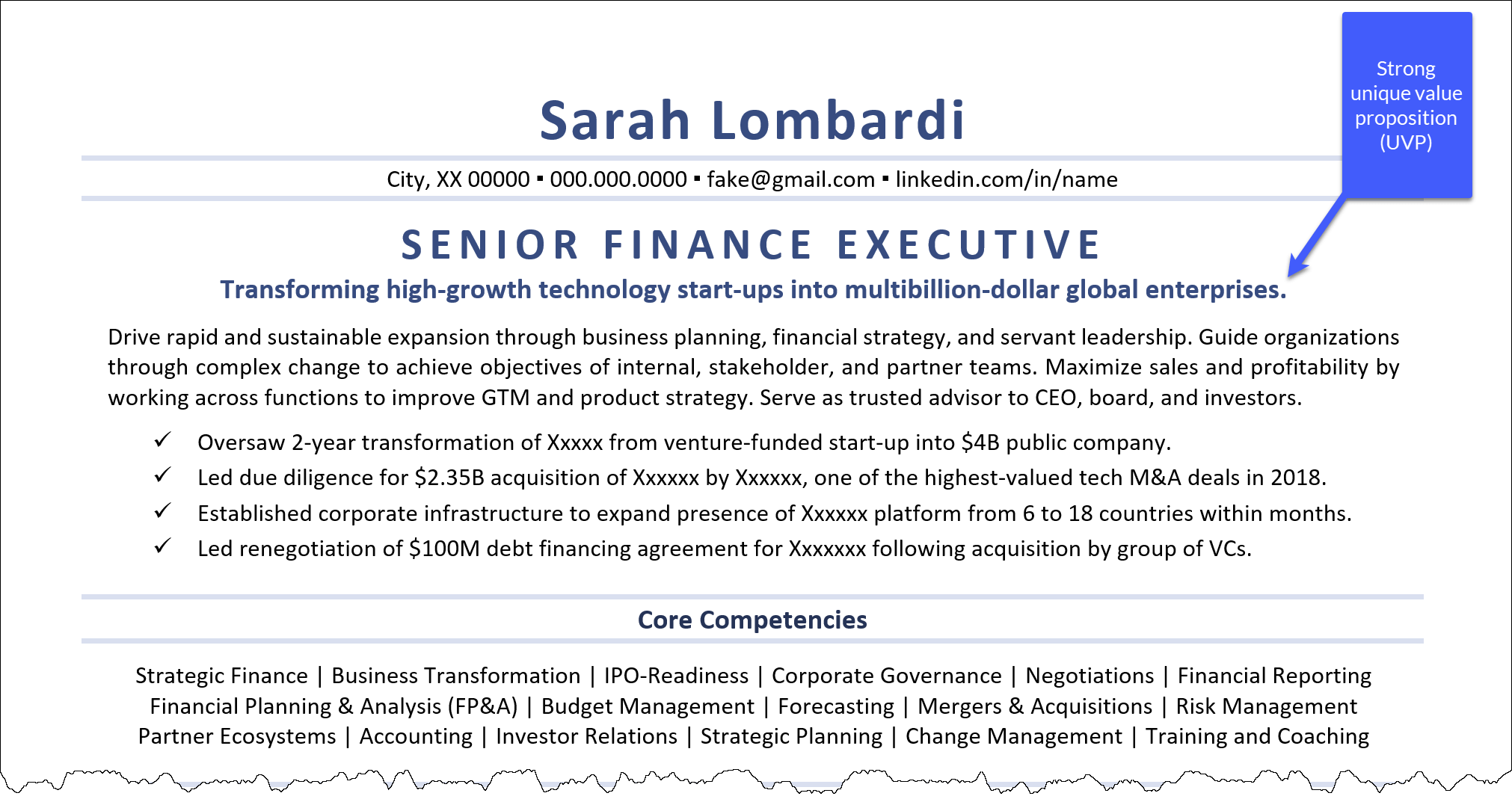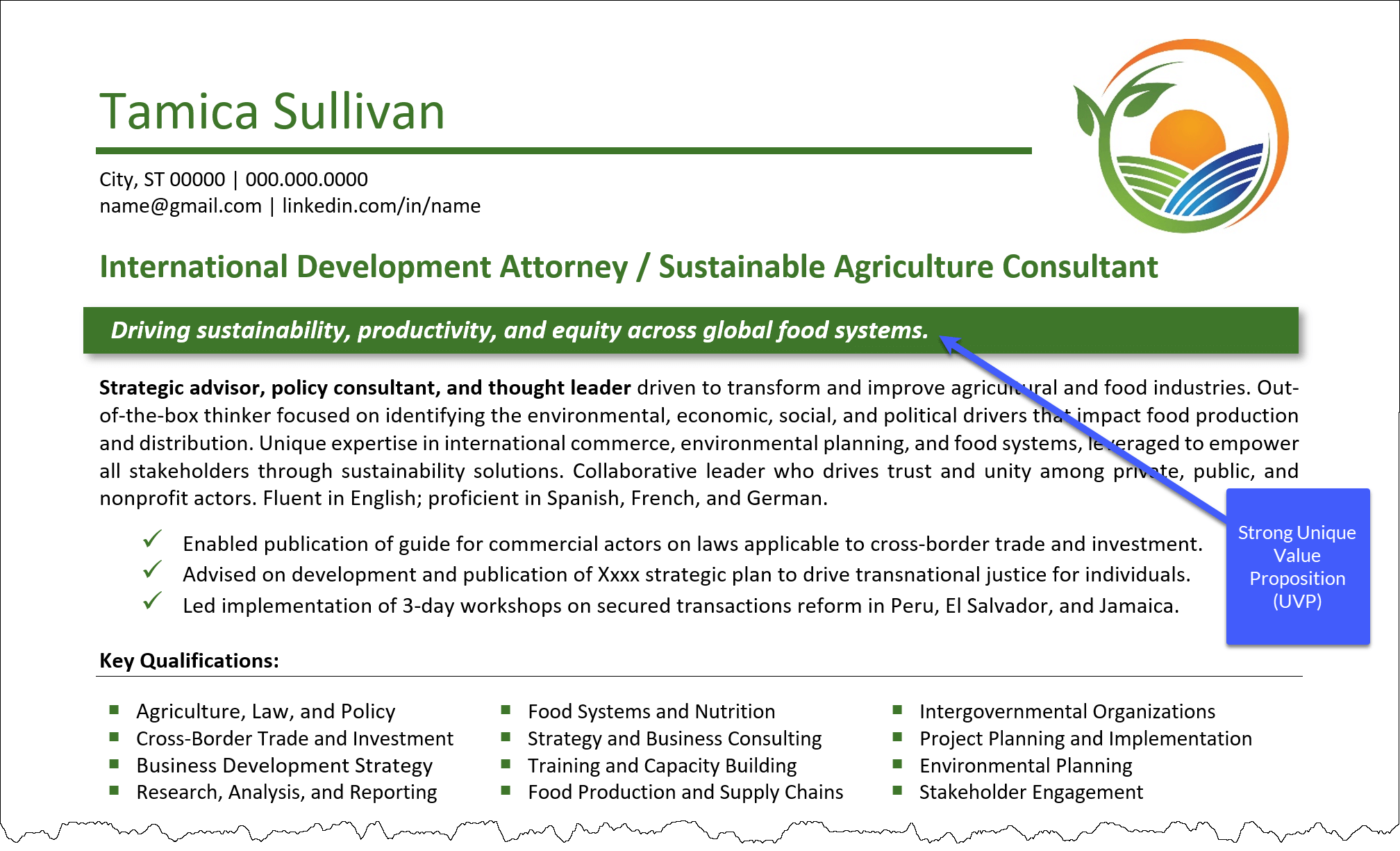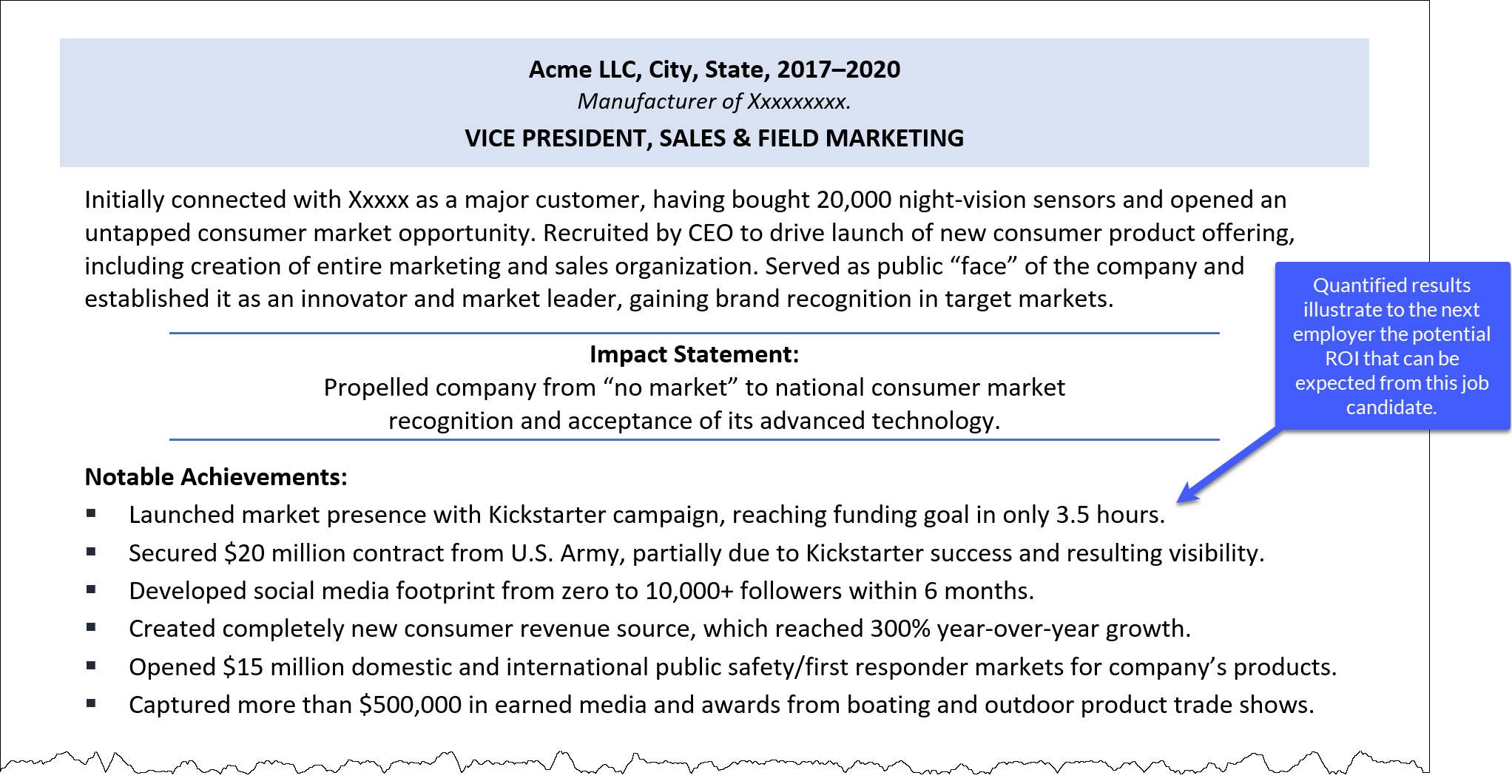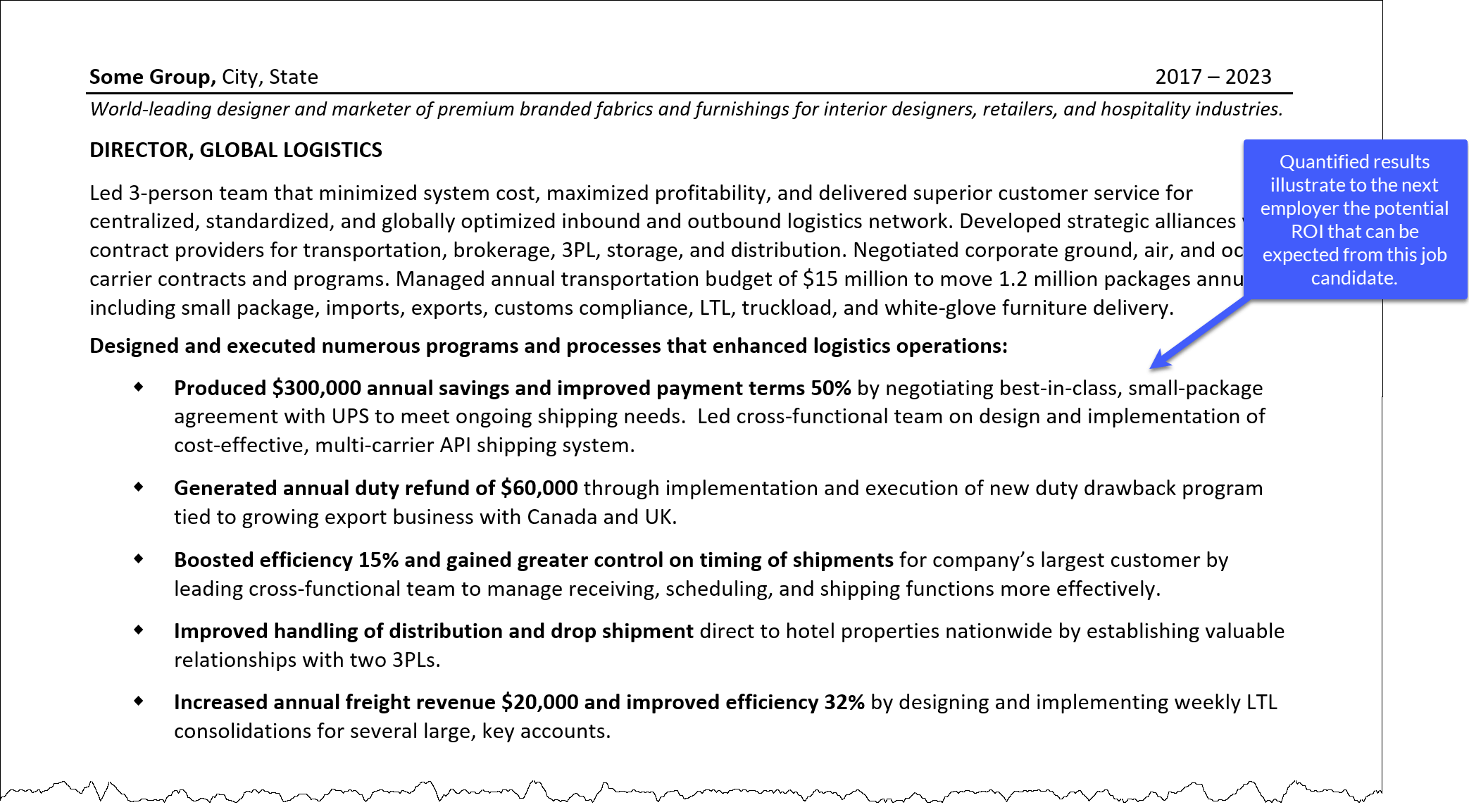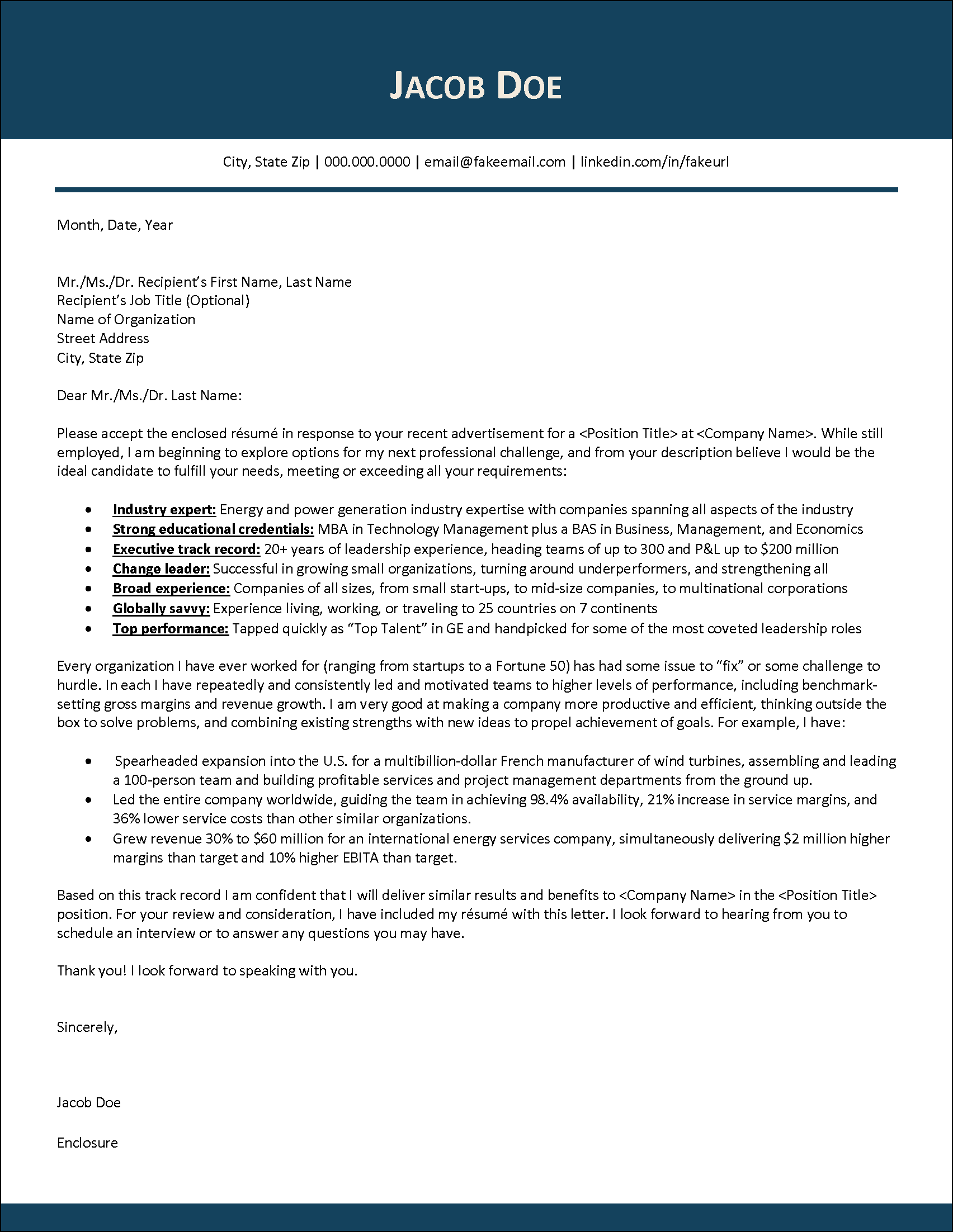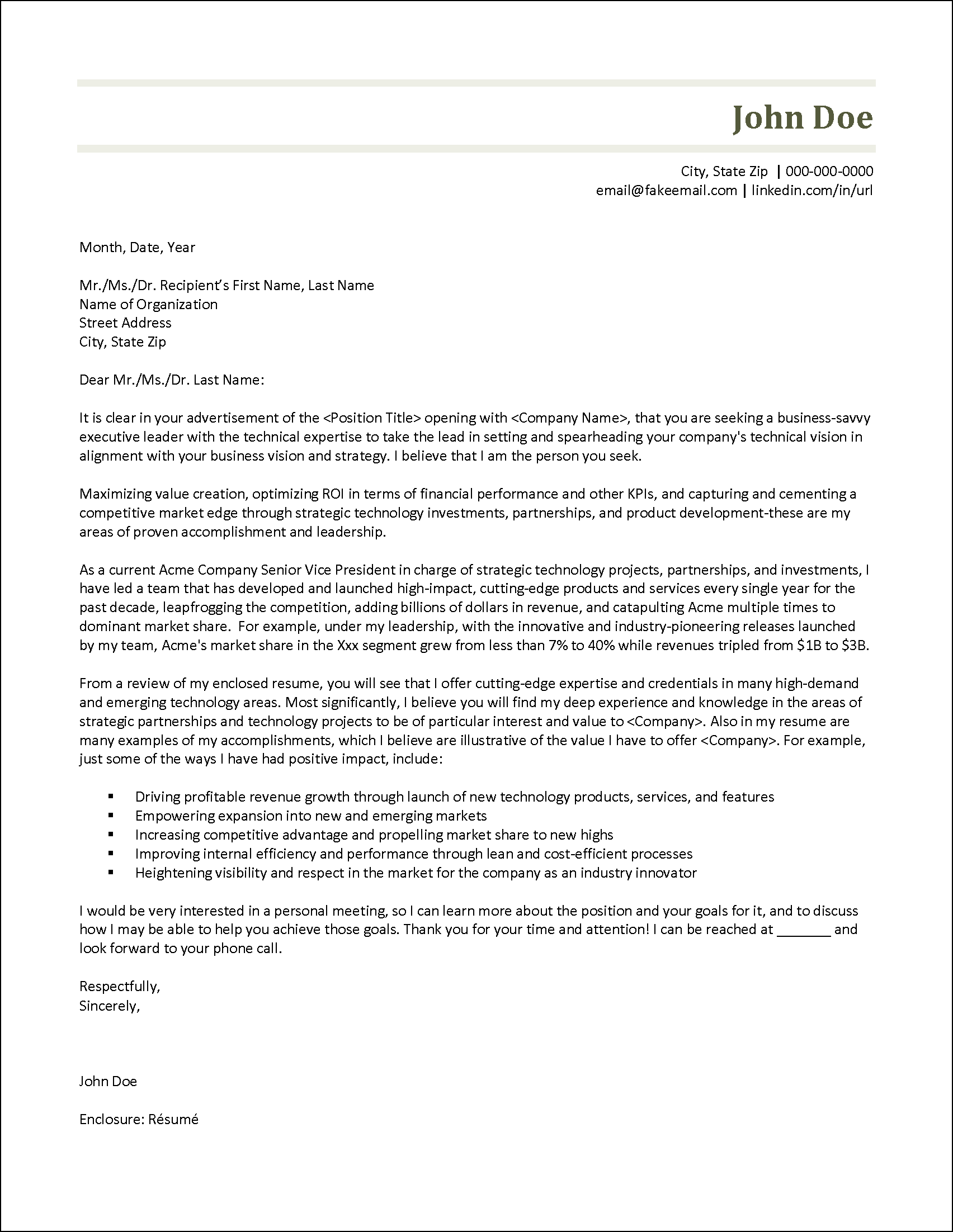
In any job market, whether flooded with opportunities or not, finding the “right” job remains a challenge. While there might be numerous positions available, they may not always align with your aspirations or skills. Even in times of plenty, most professional roles continue to see intense competition.
The sheer volume of applicants for each job opening can be staggering, leading to an intense rivalry, especially among top-tier candidates.
Merely being the “right” person for the job doesn’t cut it anymore. The real game-changer is how you present yourself to those pivotal decision-makers: the recruiters and the hiring managers. When qualifications, experience, and skills level the playing field, it’s your personal brand and how you market yourself that sets you apart. What do hiring managers look for in a candidate? Let’s explore.
5 Things Hiring Managers Look for on Your Resume
Your resume is your main tool in the job search. It’s your introduction and first impression. If it doesn’t grab an employer’s attention, your chances can end quickly.
Consider the hiring process from the viewpoint of the employer. Picture a hiring manager as someone shopping for a car. The specific model she seeks hinges on her unique needs. Initially, she’ll shortlist the cars (or, in this case, candidates) that align with her criteria. But once she’s zeroed in on a category, she aims for the best within that segment. Time constraints mean she can’t test-drive every option, so she leans heavily on brochures and reviews.
Similarly, a hiring manager can’t interview every applicant. Resumes become the filter, the litmus test to identify the cream of the crop and skill set of job seekers.
Much like an automobile enthusiast, a hiring manager is inundated with choices. Yet, with a trained eye, she swiftly discerns quality from mediocrity. The resumes that resonate are those that align with her specific needs, showcasing candidates who not only fit the bill but can also add unique value.
Ultimately, it’s the hiring manager’s perspective that matters most. This underscores the importance of mastering your resume, transforming it into a potent marketing tool that effectively “sells” you and your potential value. Here, then, are 5 ways to sell yourself on your resume.
Resume Focus & Tailoring to the Opportunity
Standing out among numerous job applicants is essential. To grab a recruiter’s or hiring manager’s attention, it’s vital to tailor your resume to the specific opportunity and job description you’re applying for. A generic resume won’t do the trick; it needs to directly address what the employer is looking for, showing you’re the right fit for the job.
In our increasingly digitalized hiring landscape, strategically using relevant keywords is also crucial. Many employers deploy Applicant Tracking Systems (ATS) to sift through resumes, searching for those important keywords that align with the job post. By embedding these pivotal terms in your resume, you not only enhance its ATS compatibility but also underscore your keen attention to the job description’s requirements. You can usually find the most essential keywords by carefully reading the job posting. This alignment can be the deciding factor in whether your own resume progresses or gets sidelined.

How To Sell Yourself in Your Resume: A Clear Value Proposition is Key
In the competitive world of job hunting, your resume is more than just a list of qualifications—it’s your personal billboard. The key to making it impactful lies in presenting a clear value proposition. This is your unique selling point, the compelling reason why a hiring manager should choose you over others. A well-articulated value proposition in your resume professional summary can elevate your resume from good to unforgettable. Let’s explore how to weave this essential element into your resume narrative.
Relevant Experience and Qualifications
Your resume isn’t an autobiography; it’s a targeted marketing tool. In the realm of resume writing, less can often be more. By sidelining extraneous details and spotlighting only the right keywords and most pertinent experiences and qualifications, you ensure that hiring managers see you as the best fit for the role. Curate your targeted resume, emphasizing what truly matters and leaving out the rest.
What is meant by spotlighting relevant information on your resume? Begin by structuring your resume so that the most relevant experiences and skill qualifications as per the job posting, are positioned prominently, typically at the top or where the eye naturally gravitates. A strong professional summary is essential. This ensures that the moment hiring managers look at your resume, they immediately see your strongest selling points.
Beyond mere placement, resume design plays a pivotal role. Utilize bold fonts, underlining, plenty of white space, or color accents to draw attention to key sections or achievements. Bullet points can streamline information, making it easily digestible, while consistent spacing and resume font sizes maintain readability. Remember, the goal is to guide the reader’s eye effortlessly to your standout attributes, making your resume both visually appealing and content-rich.
Consistency in Job History and Progression
When it comes to reviewing your resume, a thread that often catches a hiring manager’s eye is consistency in job history and progression. A steady trajectory speaks to an individual’s commitment and reliability and hints at their adaptability and growth within roles. While diverse experiences in previous roles can enrich a candidate’s profile, a clear, consistent career path showcases a narrative of dedication and upward mobility, making it a compelling aspect for potential employers to consider.
Proven Potential to Deliver a Return on Their Investment in Hiring You
Every time an employer hires a new individual, they’re making an investment. Just like any other investment, they’re looking for a return — a tangible or intangible benefit that validates their decision.
When we say an employee is an “investment,” we’re emphasizing the expectation that their contributions will lead to positive outcomes for the company, be it in terms of increased revenue, enhanced productivity, or other measurable impacts.
Employers are keenly attuned to signs of this potential ROI as they sift through resumes. Demonstrating this potential requires a strategic approach: Your resume should not only list your accomplishments but quantify them. Using powerful action verbs and results-driven statements can paint a vivid picture of the tangible value you’ve brought to past roles and, by extension, the value you promise to bring to future jobs and employers.
The Cover Letter: Your Personal Pitch
In the realm of job applications, while your resume provides the facts, your cover letter tells the story. It’s your chance to make a personal connection to hiring managers, pitching yourself not just as a candidate, but as a story, a journey, a potential asset that fits seamlessly into the company’s narrative.
What Catches a Hiring Manager’s Eye?
Gone are the days when a generic “To Whom It May Concern” would suffice. Today’s hiring managers are inundated with applications, and a personalized touch can make all the difference. When possible, addressing the hiring manager by name immediately sets your letter apart. But don’t stop there. Showcase your understanding of the company’s goals, culture, and challenges. Reference recent company news or initiatives to demonstrate that you’ve done your homework and are genuinely interested in being a part of their story.
Enthusiasm is contagious. When a hiring manager reads a cover letter, they’re not just looking for qualifications; they’re looking for passion. They want to see that spark, that genuine excitement for the role and the company. Use your cover letter to convey why you want this job, not just any job. Share a brief anecdote or experience that showcases your drive and motivation. Let them feel your eagerness and visualize the energy you’ll bring to the team.
Your cover letter is more than just an introduction; it’s your personal elevator pitch, your story, and your promise. Craft it with care, infuse it with passion, and let it be the bridge that connects your resume’s facts with the company’s future.
Examples: How to Sell Yourself in a Cover Letter
Here are two examples of attention-getting, value-selling cover letters. Of course, your letter will be unique. Use these as inspiration only.
LinkedIn: Your Digital Handshake
In today’s digital age, your LinkedIn profile serves as your virtual introduction to the professional world — the digital handshake precedes face-to-face meetings, interviews, and collaborations. Just as first impressions matter in person, how you present yourself on LinkedIn can set the tone for future professional interactions with hiring managers, recruiters, and others.
Recruiters look at LinkedIn profiles as a dynamic supplement to a traditional resume. While a resume offers a structured snapshot of your professional history, LinkedIn provides a broader, more holistic view of your career.
It’s a platform where your professional accomplishments coexist with recommendations, articles, and interactions, offering a richer, more interactive narrative of who you are as a professional. In essence, while your resume states your qualifications, your LinkedIn brings them to life, adding depth and personality to your job application.
Essentials for a Strong LinkedIn Profile
A robust LinkedIn profile goes beyond just listing your job details. It’s about crafting a narrative, showcasing your journey, and highlighting your professional persona. From the tone you adopt to the activities you engage in, every element should be a testament to your dedication, professionalism, achievements, and passion for your field.
Red Flags: What Hiring Managers Watch Out For
While hiring managers are on the hunt for standout candidates, they’re also vigilant for potential red flags in resumes, cover letters, and LinkedIn profiles. These negatives can quickly shift a candidate from the ‘potential’ pile to the ‘pass’ pile. It’s not just about showcasing what you bring to the table but also ensuring there are no details that might raise eyebrows.
The Job Interview: Selling Yourself Beyond the Paper
When you reach the interview stage, it’s about more than just what’s on paper. This is your chance to show hiring managers who you are and what you bring to the table. It’s a critical step where you can stand out or get lost in the shuffle. So, what are hiring managers really looking for?
Qualities Hiring Managers Look for in Interviews
Making a Lasting Impression
In short, an interview is a chance for both you and the company to see if it’s a good match. It’s about more than just checking boxes; it’s about making a real connection.
Sealing the Deal: Mastering the Art of Promoting Yourself
In the ever-evolving landscape of job hunting, one thing remains constant: the need to stand out. Every step, from your resume to the interview, is a chance to show what you offer. It’s not just about listing skills; it’s about showing your value and how you align with a company’s goals. Stay adaptable, keep learning, and always bring your genuine self to the table. With the right approach, you can navigate the job market with confidence.

